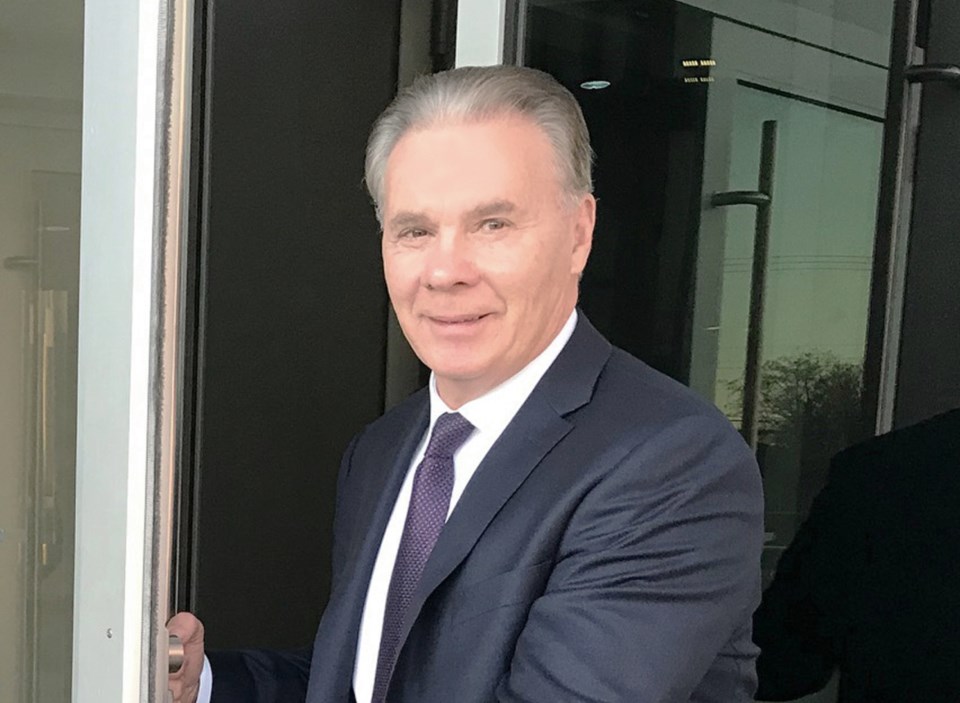His top priority will be to hold the line on spending and slow down tax increases on residents.
That’s what Delta Mayor George Harvie told the Delta Optimist following the Metro Vancouver Board of Directors electing him as the new board chair for 2023. Harvie was elected at the board’s Nov. 25 meeting.
“I think it’s a tremendous honour to be voted in the chair position by my fellow directors, the mayors and councillors from across the region. It’s a challenging position and I’m really looking forward to taking that challenge on, working with the directors and vice chair (Village of Anmore Mayor John McEwen) to accomplish a lot of things we need to do as a group, especially looking at our fiscal situation,” Harvie said.
Harvie noted it will be important to keep regional district costs down as much as possible to within realistic levels for Metro Vancouver homeowners.
“The five-year financial plan shows the cumulative increase to the homeowner in Metro Vancouver is 57.4 per cent. I couldn’t accept that and that is the reason I ran for chair, to try to make a difference using my many years in local government. I’m going to be putting together a very good task force and work with the committees to bring back options for the board to consider,” he said.
The projected sharp rise in utilities is among the concerns that had been conveyed by Delta Council.
A Metro update report this year to the City of Delta notes regional district staff have been working with the province to move forward legislative changes to allow the Greater Vancouver Water District to collect Development cost charges (DCCs) under the Local Government Act.
With growth projects comprising 54 per cent of the long-term water capital program, getting a growth driven revenue stream in place as soon as possible is critical, the report notes, adding that the work to date has included initial engagement, industry capacity analysis and rate modelling resulting in a set of draft DCC rates in principle for consultation.
After further stakeholder input, a finalized DCC program is to be brought to the Metro board and province for approval.
Also, according to the regional district, in the coming weeks, Harvie will determine the standing committees and their membership, which will then consider priorities, policies, and activities for the organization, and make recommendations to the board, which meets once a month.
Metro Vancouver provides core utility services to 21 municipalities, Tsawwassen First Nation, and Electoral Area A, serving more than 2.8 million residents. Services include drinking water, wastewater treatment, solid waste management, air quality regulation, planning for urban growth, managing a regional parks system, and providing affordable housing.
The regional district is governed by a 41-person board of directors made up of elected officials from each member jurisdiction.
Delta Council recently also appointed Dylan Kruger as a Metro board director representing Delta, while councillors Rod Binder and Daniel Boisvert were appointed alternates.



